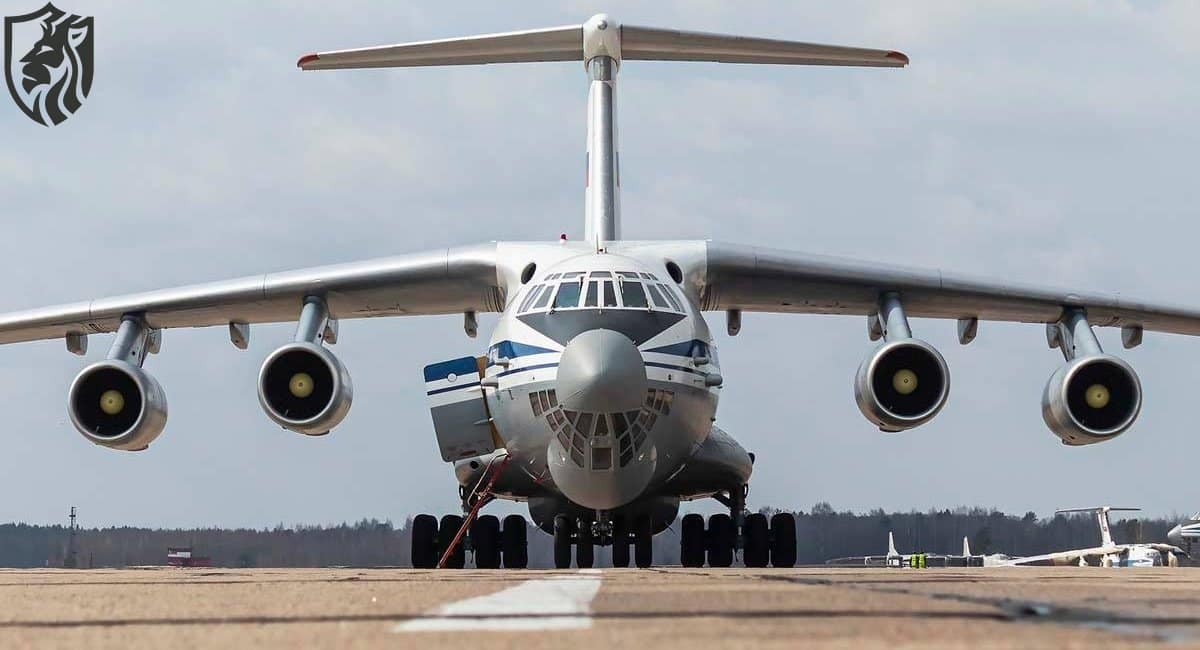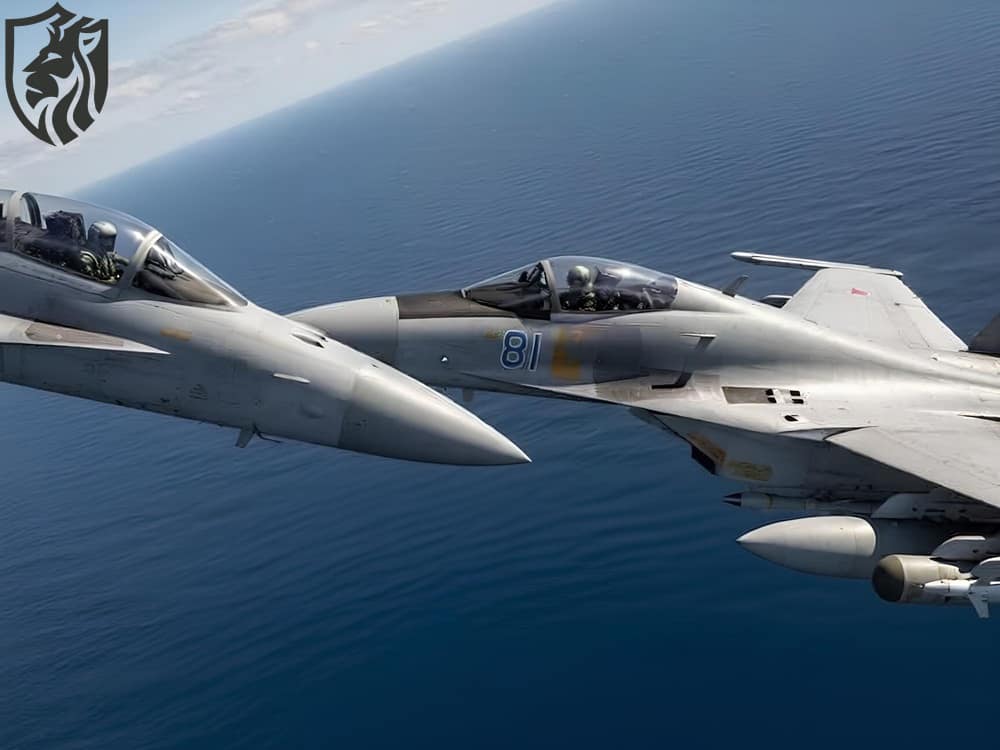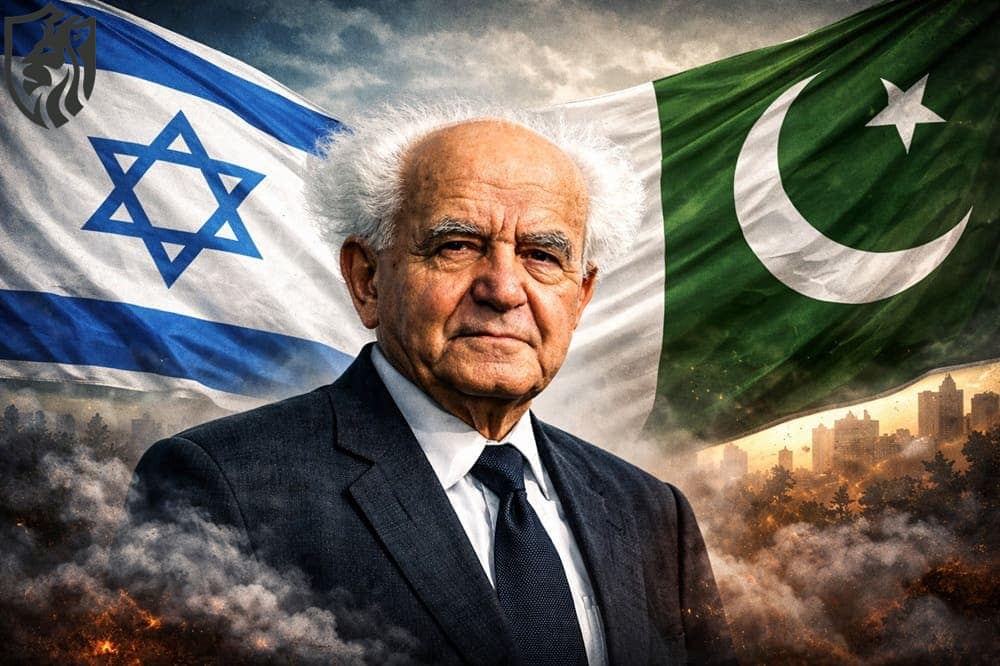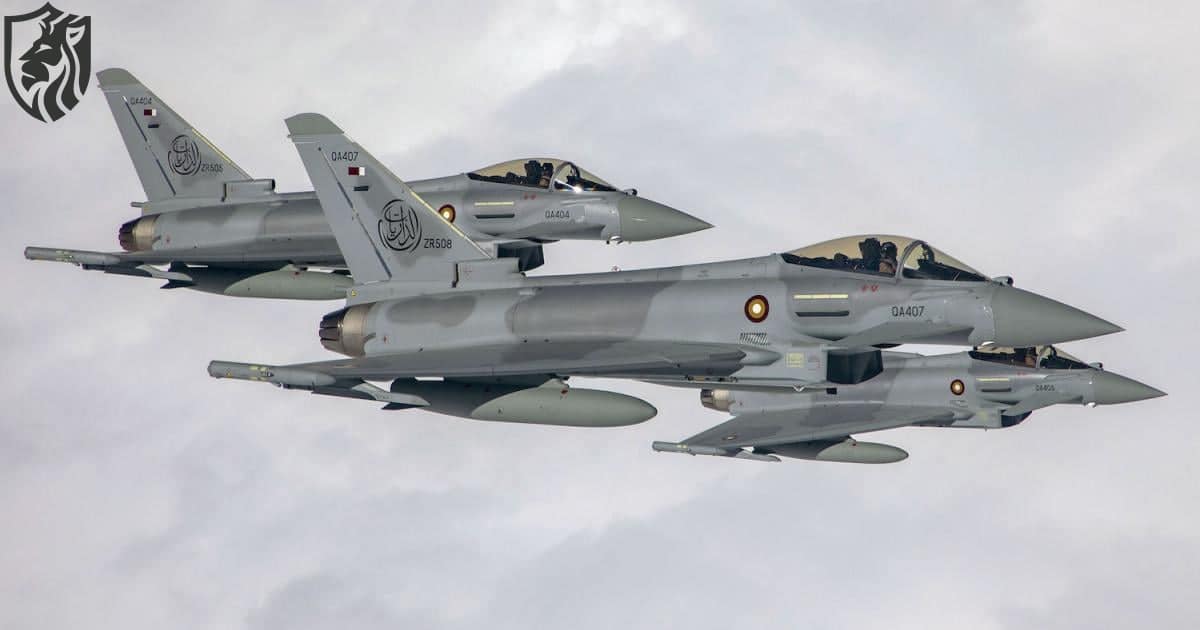
Qatar Eurofighter Sale — Just Three Years After They Arrived
Doha’s rethink: capability vs coherence
Qatar Eurofighter sale talk has surged after just three years of service. Deliveries of 24 Typhoon Tranche 3A jets began in 2022 under a £5 billion deal with the UK. These aircraft field the Captor-E AESA radar, the PIRATE IRST, and the Praetorian EW suite, giving them a real multirole punch. Yet the Qatar Emiri Air Force also operates Rafale and F-15QA fleets, creating costly duplication across training, sustainment and ammunition pipelines.
Why move now?
The Qatar Eurofighter sale timing reflects two pressures. First, rationalising the three frontline types reduces overhead, as the F-15QA becomes the heavy-hitter backbone. Second, buyer demand exists. Turkey has opened negotiations with Qatar and Oman to source used Typhoons while it modernises its inventory and bridges the KAAN program later this decade. That creates a rare seller’s market for near-new Tranche 3A airframes.
The Turkish demand signal
Qatar’s Eurofighter sale prospects improved as Ankara edged closer to a Eurofighter deal with Britain, after earlier German hesitation eased. With its F-35 path blocked since 2019 and F-16 timelines tight, Türkiye is seeking up to 40 new Typhoons and additional used jets from Gulf operators—precisely where Doha fits.
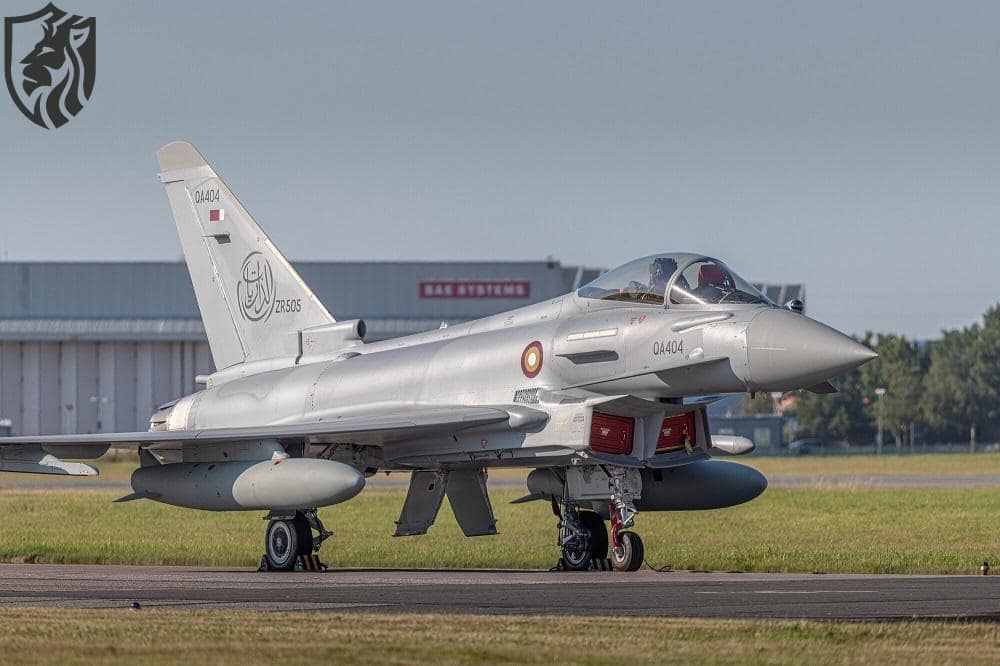
What Qatar’s Typhoons offer a buyer
The Qatari Eurofighter sale discussions centre around high-spec Tranche 3A jets. These bring Captor-E AESA for wide field-of-regard air policing, Meteor integration potential, and strong BVR performance. Compared with earlier European in-service standards, Qatar’s fit is among the most modern off-the-shelf. That translates into a shorter upgrade lead time and quicker operational entry for a buyer.
Where they still trail
However, Typhoon’s marketing record shows mixed results against U.S. rivals. The type has repeatedly lost head-to-head tenders to the F-35A and, in some cases, to the F-15/F-18 families. Those outcomes reflect stealth advantages, mature sensor fusion and broader weapon ecosystems elsewhere.
Any Qatar Eurofighter sale therefore hinges on price, delivery speed, and political alignment as much as raw performance. (Inference based on public competition outcomes; see Reuters/AP coverage of recent tenders and Turkey’s path.)
Why selling could make sense for Doha
The Qatar Eurofighter sale logic is straightforward: simplify fleets and concentrate investment where marginal gains are highest. The F-15QA—optimised for long-range strikes and air dominance—already anchors the premium end of Qatar’s force structure, while the Rafale covers multiple roles with strong French support.
Consolidation can lower training hours, simulator footprints, line-replaceable-unit stocks, and weapon compatibility burdens across three supply chains. Meanwhile, secondary-market pricing for low-hour Typhoons is likely to be favourable with Türkiye in the hunt.
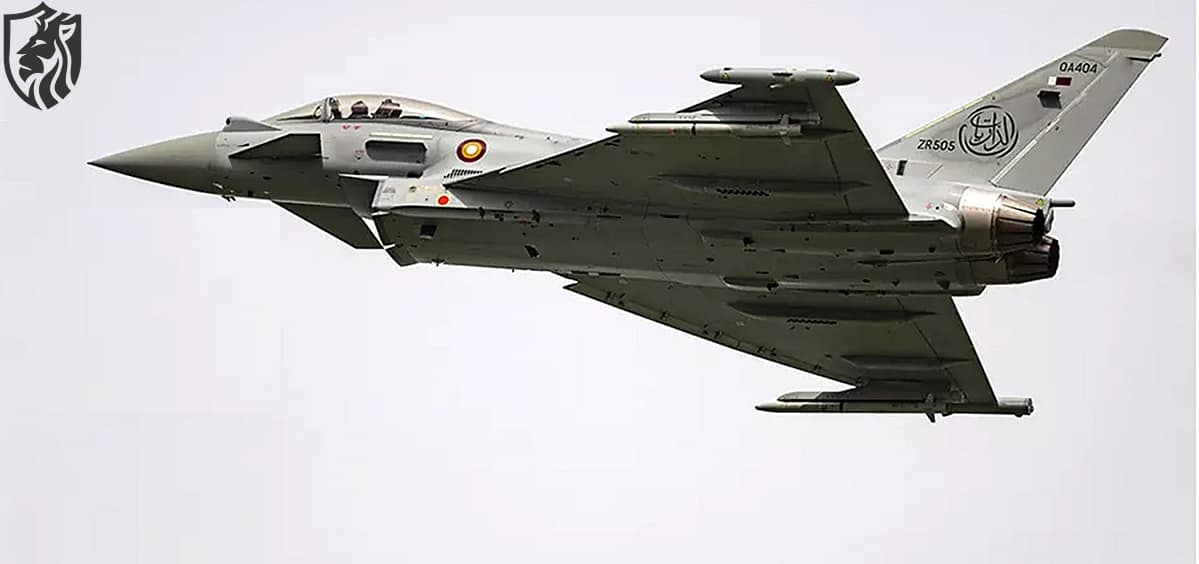
Risks Qatar must weigh
Still, a Qatar Eurofighter sale is not risk-free. Divest too quickly and you shrink surge capacity. Negotiations must also navigate export controls from the Eurofighter consortium and re-export approvals from the UK, Germany, Italy, and Spain. Even with improving signals from Berlin and London, paperwork and offsets add time.
What a transfer would mean regionally
For Ankara, acquiring Qatar’s jets would bring immediate AESA-equipped airframes into service, strengthening air policing and QRA while KAAN matures. For the Gulf, Doha’s divestment would not reduce overall capability, given its modern F-15QA and Rafale fleets, but it would simplify readiness. According to Europe’s industry, a successful deal would extend the typhoon’s footprint and sustain support work, even as partner nations prioritised F-35 purchases.
Bottom line
The Qatar Eurofighter sale is plausible and rational: align fleets to mission need, bank residual value, and trim duplication. If Türkiye closes, Doha gains simplicity and budget headroom, while Ankara acquires fast-track combat power with minimal conversion lag. The decisive variables now are export approvals, price, and delivery sequencing.
References
- BAE Systems – “Qatar agrees to contract for Typhoon aircraft.” baesystems.com
- AP News – “Turkey and Britain sign preliminary deals for Eurofighter Typhoon jets.” AP News
- AP News – “Turkey is in talks with Qatar and Oman to buy used Eurofighter jets.” AP News
- Army Recognition – “Türkiye nears a Eurofighter deal with Qatar.” Army Recognition




